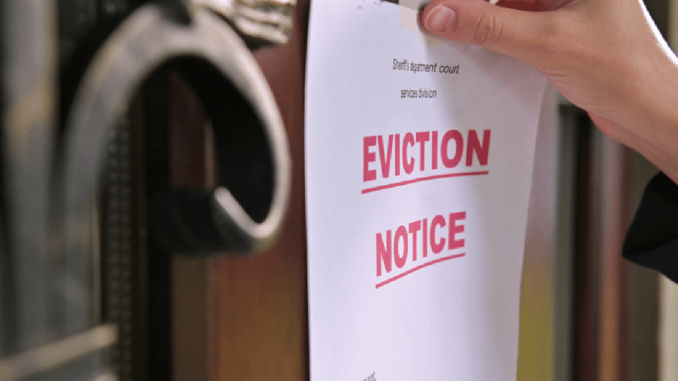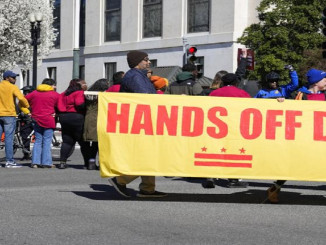
Since moratoriums on evictions were lifted following the first two years of the Covid-19 emergency, we know that eviction filings by landlords have again climbed to pre-pandemic levels. In the past year alone, a little over one million evictions were filed nationwide.
New research by the Princeton Eviction Lab shows that the rural U.S. is experiencing an eviction crisis even worse than anything going on in cities. It turns out that every year since 2000, an average of 220,000 evictions are filed in rural counties. Rural counties in states like Mississippi, Georgia, South Carolina, North Carolina and Virginia have far higher rates of eviction filings than those in many big cities or more urban areas. While those southern states have traditionally been dominated by reactionary politicians who can be expected to watch renters be thrown onto the streets, rural areas of northern states such as New York and Michigan also have startlingly high eviction rates in their more rural counties.
Although the majority of those actually evicted are white, Black families are and have been four times more likely than whites to be evicted. In counties that are 20% Black, for example, 50% of eviction filings were against Black families. Even more tragically, it is far more likely than not that evicted households will have young children.
With a housing shortage crisis and sky high rents nationwide, it is likely that all of these trends will continue for the foreseeable future.
This general crisis of evictions throughout the U.S. and the even greater crisis of evictions among the rural Black population shows the inhuman logic of the system in which we live. When one group of people (landlords) buys a house or apartment building, they do it to make money. And they make their money directly from payments by a renter. So if that renter can’t pay because they have been laid off from their job or have had catastrophic medical bills, that renter can be kicked out, so that landlord can find another renter who can pay. It doesn’t matter that the renter needs a place to live. What matters is the property of the landlord, and their ability to use that property for profit.
When constitutions and laws protect the rights of property and profit, then human needs fall by the wayside.




